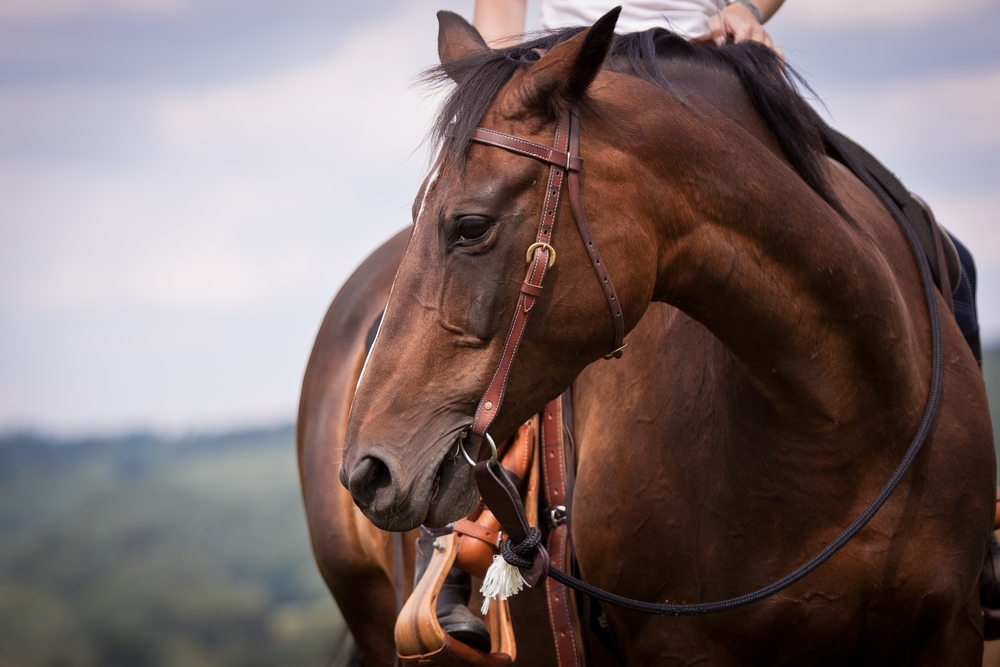When it comes to maintaining a healthy, balanced diet for your horses, selecting the right forage is one of the most critical decisions a horse owner, breeder, or trainer can make. While traditional forage options like baled hay have long been the go-to, more and more horse caretakers are turning to timothy pellets for horses
READ MORECategory: Timothy Pellets
Timothy Cubes vs Pellets: Which Offers Better Nutrition?
Horse owners are constantly seeking optimal feeding solutions that support digestive health, promote performance, and ensure overall well-being. Two common forms of forage-based feed—Timothy Alfalfa cubes and Timothy pellets—have become popular alternatives to loose hay due to their convenience, consistency, and nutritional value. But which one truly offers better nutrition for your horse? Understanding Forage
READ MORETimothy Pellets for Horses: Smart Forage or Overhyped?
When it comes to equine nutrition, few topics ignite as much debate among horse owners, trainers, and breeders as forage alternatives. Among these, Timothy pellets for horses have steadily risen in popularity. Marketed as a convenient and nutrient-rich option, Timothy pellets are often used as a supplemental forage, especially when traditional hay is low in
READ MORE

